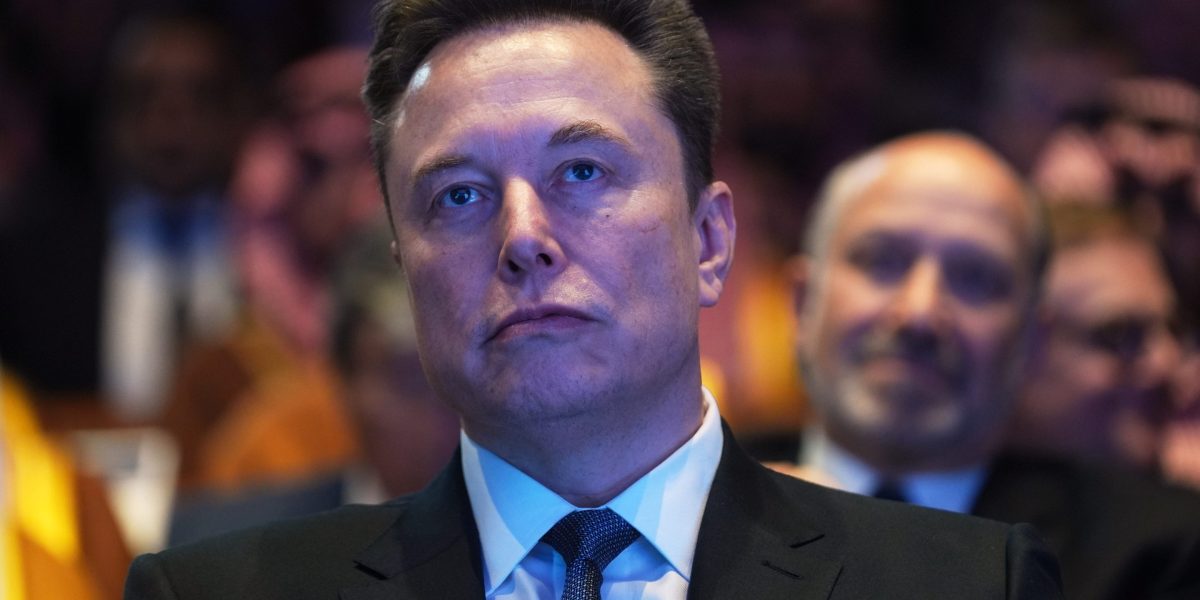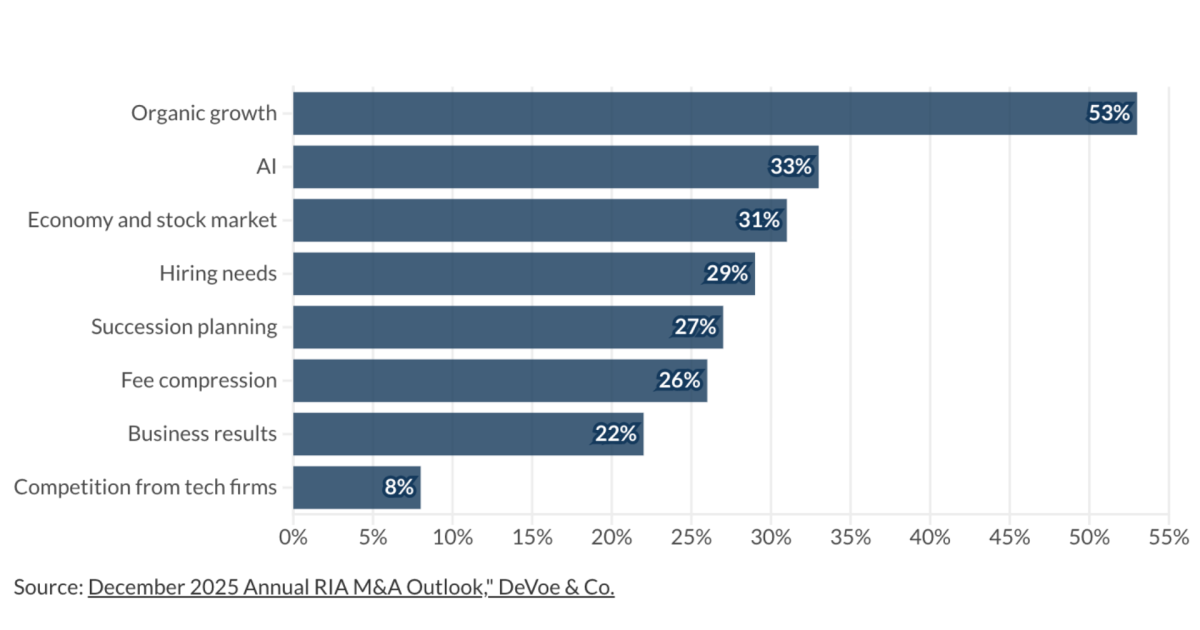Considering the importance of energy in any economy and, in particular, the shocking costs associated with the so-called “energy transition” for the European economies, it seems necessary to review the situation.
First, energy and electricity prices have been rising in the EU for several years, sometimes manyfold, because of the ongoing implementation of EU Green Deal, the EU 2030 goals, and Net Zero for 2050 plans, combined with other also purely political factors. It is estimated that the net zero and energy transition policy in Europe today represents up to 40 percent of many electricity bills of Europeans who already have difficulty making ends meet.
The “Polycrisis” Is Now the Excuse for Interventionism
In “Turning the European Green Deal into Reality” (2023) from Strategic Perspectives—an EU-centered, climate-focused policy think tank driving effective climate action and the transition to net-zero emissions in Europe—the following is claimed:
EU decision-makers have put Europe on an irreversible decarbonisation trajectory. On a continent with limited gas and oil resources, Europeans have no interest in going back to the pre-war status quo.
What hubris of the “anointed” (to use Thomas Sowell’s expression) is necessary by an unelected globalist think tank, to subjectively assert such a direction on behalf of all the European peoples. This, unfortunately, is the norm. Further, the executive summary states that, not only climate change is driving energy transition now, because it is a “polycrisis”:
The COVID-19 pandemic, Russia’s war of aggression against Ukraine and the cost of living crisis, as well as industrial competition from the US and China, have not lowered the importance of the European climate agenda. On the contrary, the European Green Deal has proven to be a unifying solution to the multiple crises facing Europe, including economic recovery from the pandemic, climate change, high dependency on energy from Russia and competition on net-zero technologies from China and the US.
Since the climate change mantra alone might not be that convincing anymore, additional reasons, or causes, are being touted. Massive public spending is supposedly needed in order to save and transform the entire economic fabric of European societies, not only because of CO2, but also because of the pandemic, Russia, the cost of living, and industrial competition. This was also the argumentation line pushed by the Draghi plan, with which the EU is enamored.
Anything goes in order to justify more public spending and further centralization of power in Brussels. What they obviously will not mention is that these crises have all been generated and created by the disastrous actions or the disastrous inaction (depending on the case) of the European political class. It is yet another example of why it is so important to understand causality in economics:
It seems counterintuitive to believe that an agent responsible for social problems should also be the one to solve those problems. The only reason this flawed logic continues to be accepted is because of errors of causality. The real causes for economic problems are not well understood by the general public and are often confused with its consequences.
The Cost for Saving Europe is Never High Enough
The World Economic Forum has for decades pushed for action against “climate change” and the need for energy transition away from fossil fuels, with its globalist rants in Davos and elsewhere. WEF wrote the following in 2022, as always, trying to scare as many people as possible into compliance with the ruling minority:
Barely a week goes by without a new report on the price the world will have to pay if it does not cut emissions rapidly. But what is the price of it actually putting the technology in place to make those massive reductions?
The answer is that the price tag is mind-boggling. When it comes to Europe, they explain:
The cost of switching to clean energy by 2050 will be $5.3 trillion, according to a new report from low-carbon research specialist BloombergNEF. This staggering figure represents 25% of the entire yearly GDP of the EU (2025).
Even the crazed WEF knows this enormous level of spending—at roughly $200 billion per year for 25 years—may not happen. But this clearly shows the absolutely insane plans that the Western financial and political oligarchy has for Europe. The WEF and other globalist institutions like the EU are constantly reminding everybody that spending is not going fast enough. The EU document “Delivering the EU Green Deal – Progress towards targets” summarized it as follows:
This report provides a comprehensive assessment of progress towards the European Green Deal (EGD), the European Union’s transformative agenda for achieving climate neutrality by 2050. […] The study shows that significant achievement has been delivered so far but progress needs to accelerate in many areas. As of mid-2024, 32 of the 154 targets are currently “on track” and 64 are identified as “acceleration needed” meaning that more progress is needed to meet the targets on time. Furthermore, 15 of the targets are found to be “not progressing” or “regressing”, and for 43 of the targets no data is currently available.”
The June 2025 report called “The State of Europe’s Climate Investment” from the Institute for Climate Economics—an influential French think tank focusing on climate change mitigation—quantified the gap for 2030:
In 2023, climate investments in the EU reached 498 billion euros, well below the 842 billion euros needed on average each year to meet the 2030 EU climate targets, leaving a 344 billion euros gap.
The report brazenly states that those sums are needed every year in order to fulfill the unscientific and arbitrarily-set EU 2030 goals (that have recently changed!), which are based on fuzzy and variable threats regarding the rise of CO2 and global warming. The EU’s 2030 climate and industrial policy objectives include reducing greenhouse gas emissions by at least 55 percent compared to 1990 levels and achieving climate neutrality by 2050. This is supported by the European Green Deal and the 2030 Climate Target Plan, which aim to make the EU the first climate-neutral continent.
The Complicated Question of Who Pays?
While the huge costs associated with the energy transition plans are mentioned rather casually in the quotes above from government agencies and NGOs, and without much background provided, the question of who pays is a fundamental but complicated one. Not only are the sums for the societal transformation involved so significant that a few simple sources of financing are not possible, but it is also a complicated process because the market itself is complex.
Thus, the overall system cost (not just who pays upfront) has been studied in detail by the globalist planners. Well-designed policies (like carbon pricing) aim to make costs diffused and as spread-out as possible, in the form of less-easily-detectable externalities. But the globalist planners do not seem to care about the real impact on European societies, as long as it furthers their power grab.
The globalist energy transition is being financed by a combination of direct corporate investment (leveraged or cushioned by public spending), substantial EU and national public expenditure, and significant cost pass-through to energy consumers and taxpayers. The distinction between “company cost” and “public cost” is often artificial or intentionally blurred, because company investments frequently rely on public support (subsidies, guarantees, carbon price signals). And public spending often aims to leverage private capital, as has been clear from the Letta plan that is one of the documents guiding Brussels. As the report clearly states: “it will be necessary to direct all energy towards the financial support of the transition, channeling all necessary public and private resources towards this goal… The initial priority should be to mobilize private capital.”
While companies invest and government agencies spend, a significant portion of the cost ultimately flows down to citizens as consumers, as seen above (through impacts on their bills) and taxpayers (having to fund subsidies and infrastructure either by new taxes or by redirection of existing tax receipts). A lot is therefore done in terms of EU and think tank marketing and communication (i.e., sophisticated propaganda), in order to massage the European public into accepting higher costs, firstly on energy and electricity, but ultimately on the prices of most goods. It is implied that it is for their own good (to save the world). Also, most of the public investment is now debt-financed, pushing costs onto future taxpayers, making the current public opinion accept the programs more easily. Indeed, today’s majority is composed of the future grandparents of those who will suffer the longer-term social and economic consequences of these policies.
Calling It Out: Globalist Fascist Capitalism
What has been described above is massive interventionism pushed to the point of fascist capitalism—when banks, enterprises, and state interests become intertwined, driven by the globalist project in a coercive and corrupt relationship of dependency. Freedom—both political and economic—is the obvious victim, as more and more Europeans are starting to realize.
What is not clear is the actual added value to European societies by these massive spending programs. Not only will the direct cost of doing business in Europe increase generally, but they will inevitably create distortions in the European economies, favoring certain sectors and regions at the expense of others, whatever the stated efforts by the globalist planners to spread the costs evenly. Some clever entrepreneurs are of course benefitting handsomely. Some sectors—like renewable energy, batteries, building renovation, AI, and EVs—are getting a significant boost, while other sectors and businesses that are considered unimportant or negative in terms of energy transition will suffer.
Since the European market has little natural demand for this energy transformation or the goods associated with it, then the social and economic utility of this plan can be seriously questioned. Overall, these programs will burden European societies with even more costs—and completely unnecessary costs at that—in an environment of strong competition from other parts of the world, such as the US and China.
These massive spending plans have been implemented now for several years and cannot be stopped; the political will to resist them and the economic incentive to embrace them are simply too strong. The Europeans obviously do not have much (if any) say in the matter, since these decisions are taken top-down and undemocratically from the Western oligarchy represented by the European Commission and the European Council. There is hardly a single political party in Europe that is voicing opposition to these plans, because that would be political suicide when the spigot is turned on.
As if the current dismal economic environment in Europe were not enough, these policies are going to saddle Europeans with even more debt for the foreseeable future, not to mention price inflation, price discoordination, and distortions in the structure or production. It will create artificial growth for a while, but make European companies even less competitive than before. This is a long-term recipe for continued European decline.


























